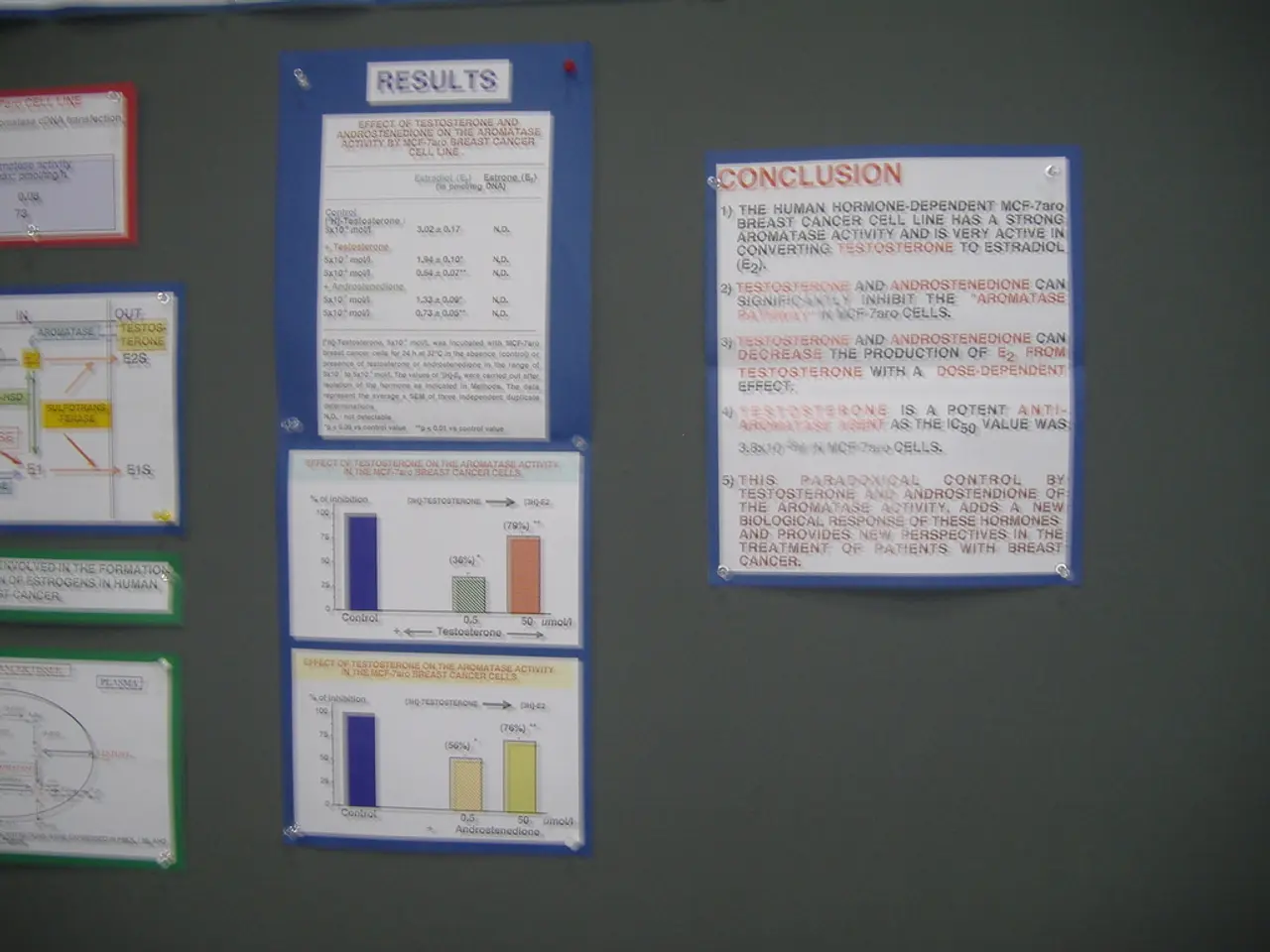Guiding College Students Through Higher Education with Executive Function Assistance
In the transition from high school to college, neurodivergent students may find themselves in new territory when it comes to the support they receive. While K-12 schools have long provided specialized instruction and individualized education programs, the landscape changes significantly in higher education.
The Americans with Disabilities Act (ADA), passed in 1990, ensures that universities do not deny access to or participation in higher education courses and campus life. This act, along with Section 504 of the Rehabilitation Act, focuses on providing access and accommodations rather than guaranteeing academic success.
In contrast to K-12 schools, higher education institutions typically do not provide specialized instruction, related services, or curriculum modifications. Instead, they offer accommodations like extended test time, note-taking services, or assistive technology. The onus is on students to advocate for themselves and manage their learning more independently.
Every higher education institution that receives federal funding has a center or office for students who are neurodivergent. These offices help students get the support they need, but each school will have their own process.
As learners enter young adulthood, executive functioning skills like planning, time management, and organization become more refined and independent. However, students with executive functioning challenges may avoid or resist daily living skills tasks due to cognitive demands. Many daily living skills tasks require planning, working memory, organization, and emotional regulation.
Neurodivergent learners are expected to self-identify and provide documentation of their unique needs before requesting accommodations. Self-advocacy in college includes describing needs, coordinating with professors, composing emails, setting up meetings, expressing the support needed, and taking action when supports are not honored.
Strong relationships with family, a supportive home environment, and meaningful connections with friends and the community are key in a successful transition to young adulthood. Families continue to play a crucial role in student success, even though their involvement becomes less.
Choosing the right college can be overwhelming, especially when considering executive functioning needs. Some colleges and universities are known for providing outstanding executive function resources. It's essential to research and find a college that meets your needs and can provide the necessary accommodations.
The academic demands in college increase compared to typical high school expectations, requiring organization, time management, planning, goal-directed action, keeping track of course materials and due dates, and determining what tasks to prioritize and complete each day.
Emerging best practices suggest moving away from focusing solely on diagnostic labels toward understanding students’ cognitive and processing profiles to better tailor supports. This approach is more readily evolving in higher education due to its emphasis on access and individualized accommodations, but it is also encouraged in advanced K-12 settings.
In summary, K-12 supports are more instructional, structured, and success-oriented, anchored in the Individuals with Disabilities Education Act (IDEA), whereas higher education supports emphasize access and student self-advocacy under Section 504 and ADA, with less direct teaching intervention but use of broader accommodations and flexible learning strategies. Emotional and social support needs remain critical in both settings but are addressed differently.
During the transition from high school to college, neurodivergent students may need to focus on developing life skills such as time management and personal growth, as they become more independent in managing their learning. (time management, personal-growth)
For a successful transition to young adulthood, neurodivergent learners should research colleges that provide strong resources for executive function and offer accommodations like extended test time, note-taking services, or assistive technology. (learning, education-and-self-development)




